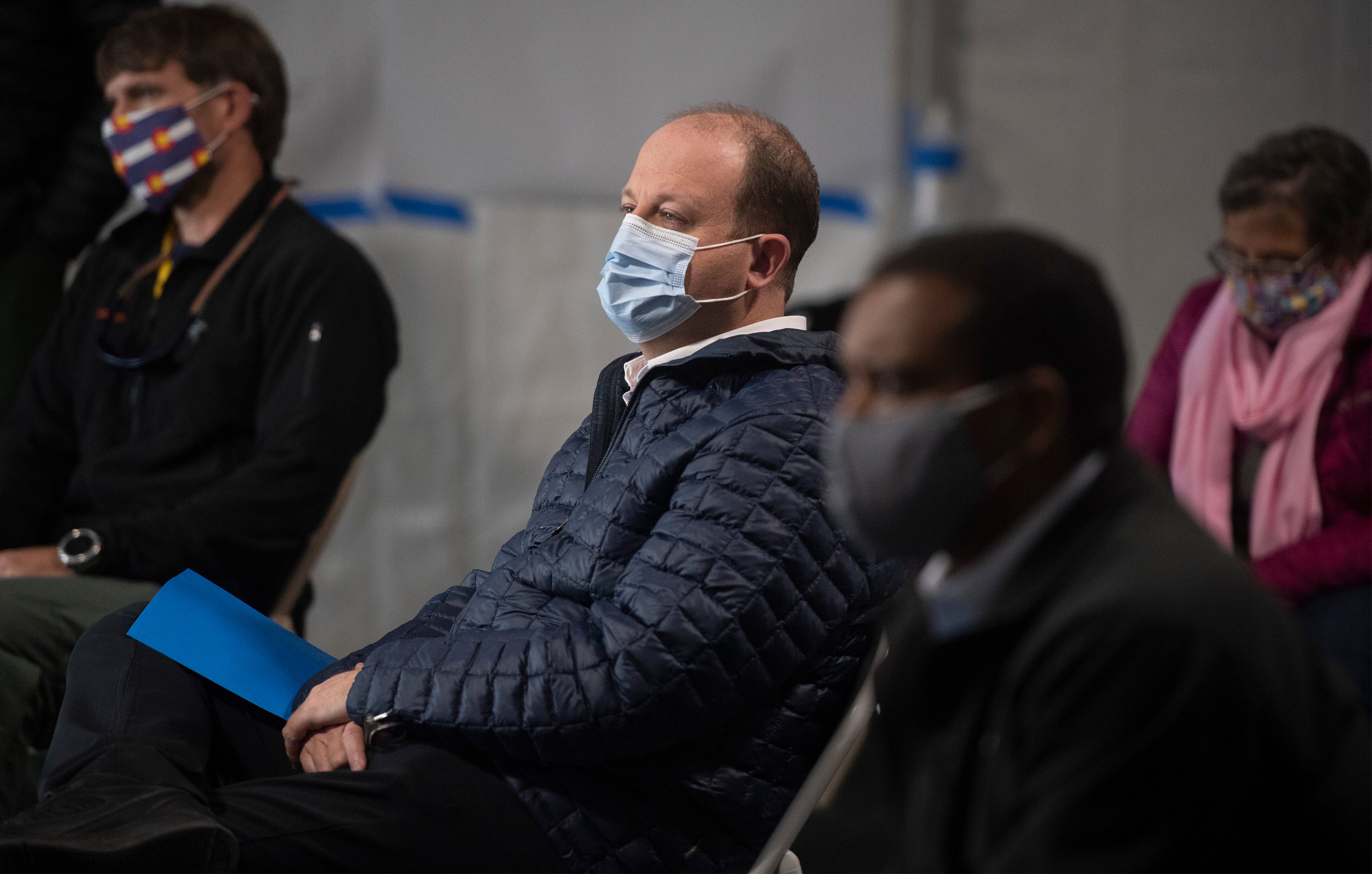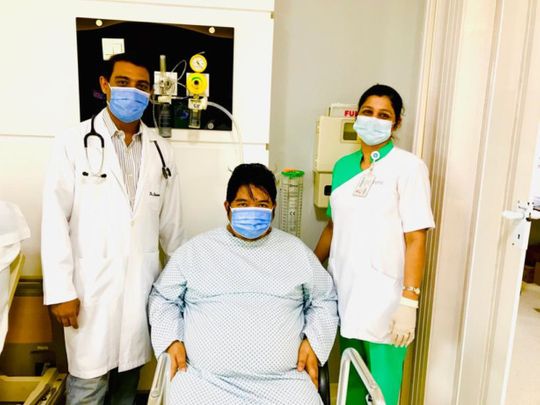

“I’ve seen a fair number of patients that come in with mostly post-viral fatigue, muscle aches, shortness of breath, chest pain. Glatter has seen quite a few patients who report symptoms weeks or months after their initial COVID-19 diagnosis, including patients who experienced relatively mild infections at first. Every morning, it’s something that I wake up with and have to deal with and get through the day with,” she added. “Most people believe that if you’re young and you get it, you’ll have a cold and then you’ll be fine, but that’s anything from the truth,” she said. Now more than 6 months after she first developed COVID-19, Miolene is no longer positive for the virus but is still struggling with debilitating fatigue, chest pain, and back pain. “I thought I was having a heart attack, so I went to the emergency room, and they did a lot of tests, and they basically just found everything was normal,” she said. Just like, 2 weeks, stay in your apartment, and that’ll be that.’ So, to be safe, I quarantined myself for about a month,” Miolene told Healthline.īy the time her quarantine ended, Miolene had started to feel better.īut shortly afterward, she began to experience severe chest and back pain. She describes herself as “relatively healthy and pretty fit,” at least before she got COVID-19. The risk of persistent symptoms isn’t limited to older adults or those with underlying health conditions either.Įlissa Miolene is a 27-year-old communications specialist who developed a relatively mild case of COVID-19 in March. I was coughing up blood, too,” he added.Įven mild cases of COVID-19 may cause lingering symptoms or long-term side effects, reports the WHO. I wasn’t even able to take down liquid when I finally went in,” he said. “I feel like the difficulty swallowing is ultimately what pushed me into the hospital because I wasn’t able to eat. He was reluctant to accept treatment with steroids or visit the hospital, but he did both when it became clear he was getting worse instead of better. Treatment with vitamin and amino acid supplements, oral famotidine, and an antibiotic for a suspected secondary bacterial infection weren’t enough to get his symptoms under control. He found himself struggling to speak, eat solid food, and even swallow liquids. He began coughing around the clock and developed severe swelling in his throat. Shortly after his test results came back positive, his symptoms worsened. “It completely wiped my taste and smell to the point that I was literally tasting like paper, and that was actually scary for me - tremendously anxiety provoking,” he recalled. Krakower was tested for the new coronavirus in April after he developed chills and lost his sense of smell and taste. “We can see the wave that’s coming: all the people that can’t really perform their jobs, some of whom need to be in subacute rehab settings to convalesce,” he added. Robert Glatter, an emergency department physician at Lenox Hill Hospital in New York City, told Healthline. “I think we need to really pay attention to these patients, and develop research dollars, and see what we can do to help them - because the wave is coming,” Dr. These so-called “long-haulers” raise concerns about the long-term consequences of the pandemic, not only for individual people but also at a societal level. But in some cases, symptoms come back or linger for months after the virus clears. Krakower is one of many COVID-19 survivors who have reported long-lingering or recurrent symptoms, weeks or even months after tests show their bodies have cleared the virus.Īccording to the World Health Organization (WHO), most people who develop COVID-19 recover within 2 to 6 weeks. “I still cough, but it’s few and far between now,” he continued. “I was coughing until almost 3 weeks ago or so - and honestly, I started coughing again yesterday, so I don’t know,” Krakower told Healthline. It took 4 months for him to begin to feel like his normal self again, and he’s still coping with lingering symptoms. Scott Krakower, unit chief of psychiatry at Zucker Hillside Hospital in Glen Oaks, New York, was diagnosed with COVID-19. Visit our coronavirus hub and follow our live updates page for the most recent information on the COVID-19 pandemic. Symptoms are wide-ranging, and there’s little experts can do to treat them.Īll data and statistics are based on publicly available data at the time of publication.Experts are learning more about these “long-haul” COVID-19 cases.More than 9 months since the COVID-19 pandemic started in the United States, some people still have symptoms long after they’ve “recovered.”.

Credit Image: Daniel Lozano Gonzale/Getty Images Share on Pinterest Some people have persistent symptoms of COVID-19 long after the worst of the infection has passed.


 0 kommentar(er)
0 kommentar(er)
